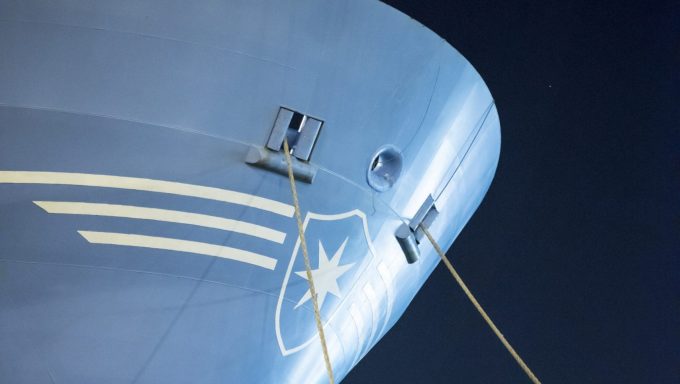"Book & Claim" is a valuable new tool to calculate scope 3 emissions
With over 80% of global emissions reported to come from indirect supply chain activities, the ...

Maersk Line announced today it would be operating the world’s first carbon-neutral containership by 2023 – some seven years earlier than planned.
A company spokesman confirmed to The Loadstar that a newbuild 2,000 teu feeder vessel would be equipped with dual-fuel technology that would allow it to run on methanol or very-low-sulphur fuel oil (VLSFO).
The ...


Comment on this article